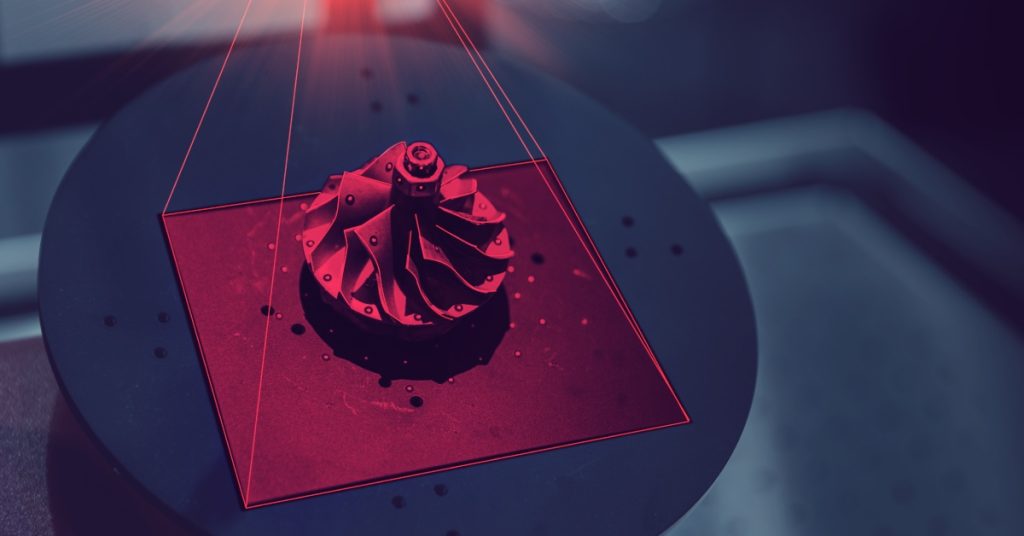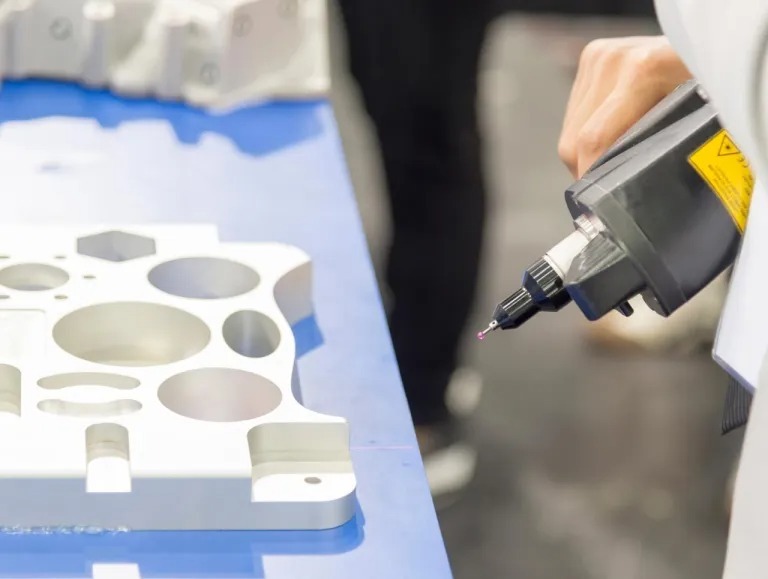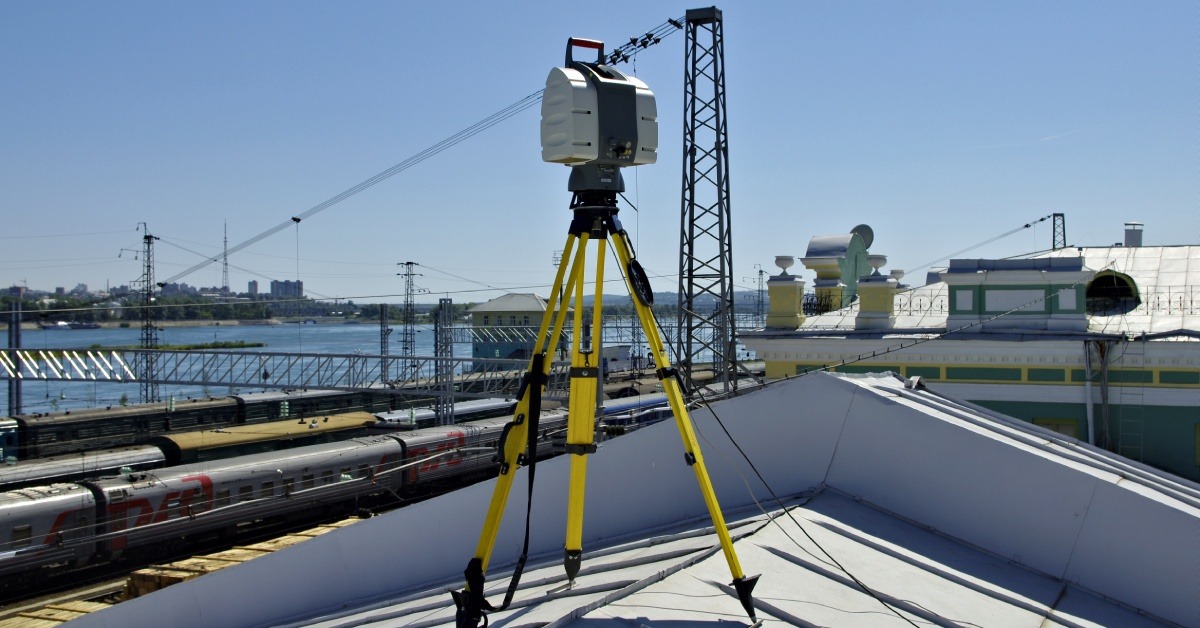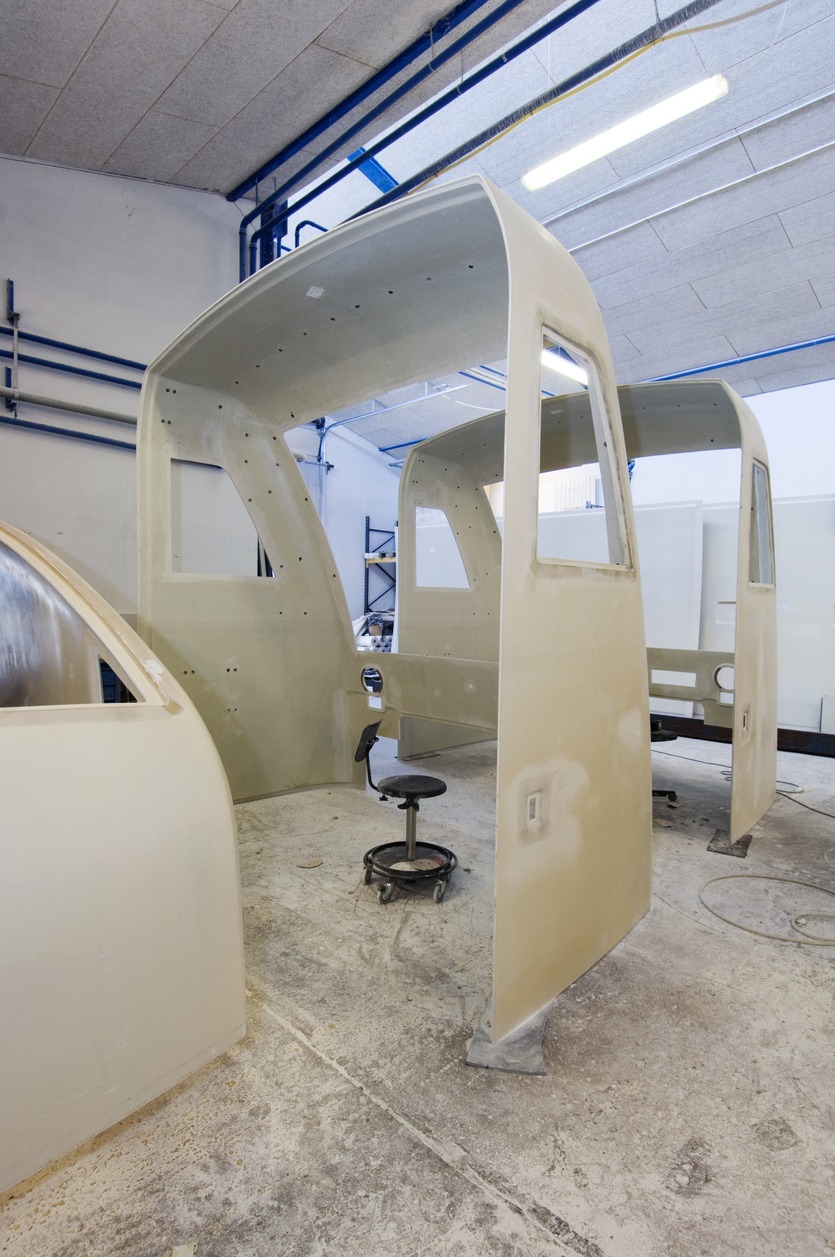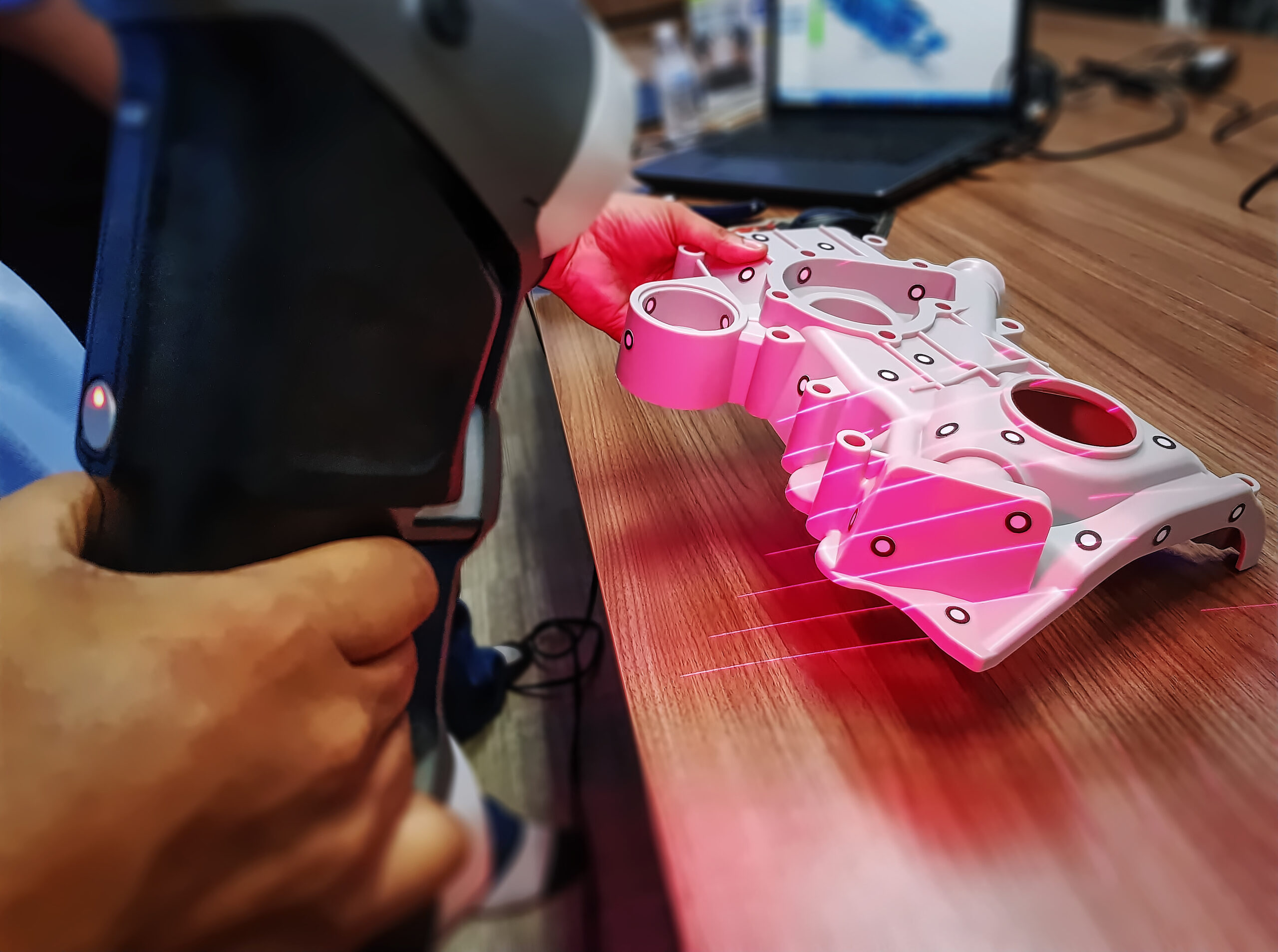Finding the right 3D scanning company can make or break a project. Whether you’re documenting historical artifacts, reverse engineering mechanical parts, or creating digital twins for industrial applications, you need high-quality 3D scanning services, as they directly impact your final results.
Since the 3D scanning industry has grown rapidly, with companies offering everything from basic handheld scanning to advanced photogrammetry and laser scanning solutions, it’s not easy to determine which company is best for your needs. That’s why we’ve put together this guide. Ahead, we’ll walk you through the essential factors to evaluate when selecting a 3D scanning company to help you make an informed decision that aligns with your project requirements and budget.
The Company’s Experience and Expertise
Experience is an important factor when it comes to 3D scanning services. Look for companies that have worked on projects similar to yours, as different applications require specialized knowledge and techniques.
A company’s portfolio should demonstrate that they’re experienced in the types of projects you’re working on. For instance, scanning delicate cultural artifacts requires different approaches than capturing large industrial equipment or architectural structures. Ask potential providers if they’ve worked with your specific type of objects or materials before, and verify their accuracy requirements.
The expertise of the scanning team is equally important. Experienced technicians understand how different materials, lighting conditions, and environmental factors affect scan quality. They can troubleshoot issues in real time and adapt their approach to achieve optimal results for your specific project.
Industry certifications and professional affiliations also indicate a company’s commitment to quality standards. Look for certifications in relevant areas, such as ISO quality management systems, or memberships in professional organizations, like the American Society for Photogrammetry and Remote Sensing (ASPRS).
Technical Capabilities of Equipment
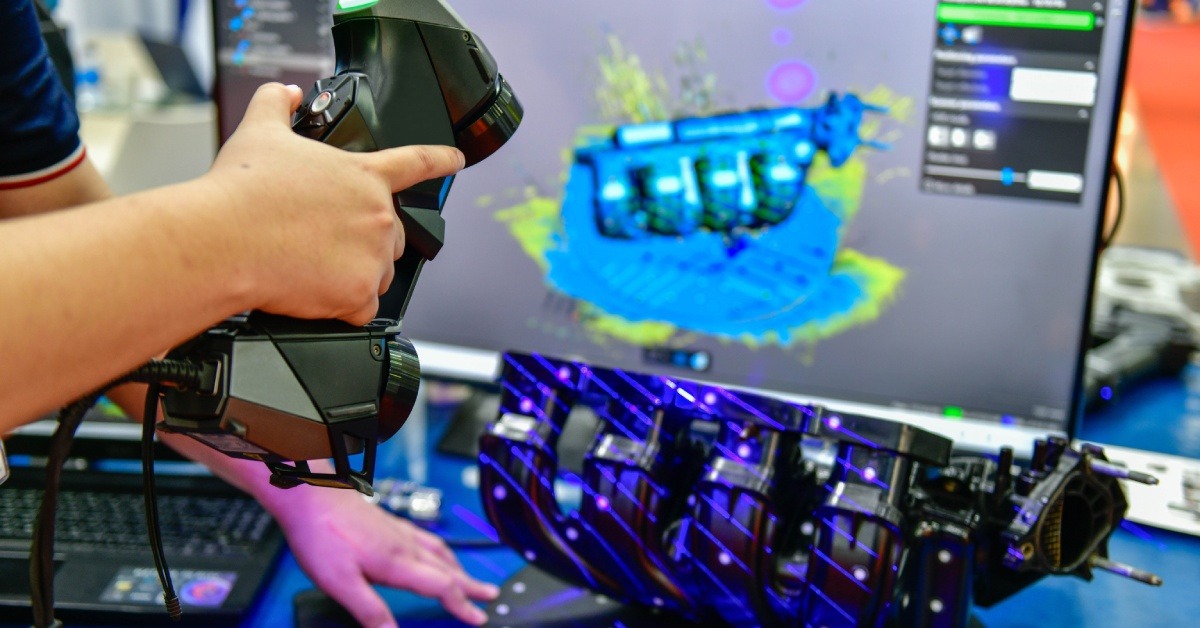
The quality of 3D scanning equipment directly affects the accuracy and resolution of your final data. Different scanning technologies serve various purposes, so be sure the company you hire has the right tools for your project.
Structured light scanners, for example, excel at capturing fine surface details on smaller objects, while laser scanners are ideal for larger structures and outdoor environments. Photogrammetry offers cost-effective solutions for many applications, particularly when high mobility is required. The best 3D scanning companies maintain a diverse equipment arsenal to handle various project requirements.
Software capabilities are equally crucial here. Advanced data processing software allows technicians to clean, align, and optimize scan data effectively. Ask about the company’s software stack and their ability to deliver data in your preferred formats, whether that’s STL files for 3D printing, CAD-compatible formats for reverse engineering, or specialized formats for analysis software.
Data processing workflows reveal a company’s technical sophistication. Professional 3D scanning services should offer comprehensive post-processing capabilities, including noise reduction, mesh optimization, and dimensional analysis. The company should also be able to handle large datasets efficiently and deliver processed results.
Turnaround Time and Project Management
Project timelines can vary dramatically between 3D scanning companies, depending on their workload, equipment availability, and processing capabilities. Establish clear expectations for scanning completion and data delivery from the outset.
Reliable companies provide realistic timelines based on project complexity and their current capacity. Be wary of providers who promise unusually fast turnaround times without understanding your project requirements, as this often indicates that corners will be cut in terms of quality or thoroughness.
Effective project management includes regular communication throughout the scanning process. Your chosen company should provide progress updates, address issues promptly, and be available to answer questions. They should also have contingency plans for equipment failures or unexpected complications.
Something else worth taking into consideration is the company’s capacity to handle rush projects if your timeline is critical. While this isn’t always necessary, it’s beneficial to know if a provider can offer expedited services for urgent requirements, although these typically come with additional costs.
Data Security and Confidentiality Policies

Depending on your business, your scanned data may contain sensitive information about proprietary designs, manufacturing processes, or valuable assets. Robust data security measures should be nonnegotiable when selecting a 3D scanning company.
Professional scanning services implement comprehensive data protection protocols, including secure data transmission, encrypted storage, and controlled access to project files. Companies should be willing to sign nondisclosure agreements (NDAs) and provide detailed information about their security practices.
Don’t hesitate to ask about data retention policies and what happens to your information after project completion. Reputable companies will delete your data according to agreed-upon timelines and provide confirmation of data destruction when requested.
For highly sensitive projects, consider companies that offer on-site scanning services to minimize data transfer risks. This approach keeps your sensitive information within your controlled environment throughout the scanning process.
Cost Structure and Payment Terms
3D scanning pricing varies widely based on project complexity, required accuracy, object size, and processing requirements. Understanding how companies structure their pricing before you commit will help you compare options effectively and avoid unexpected costs.
Some providers charge by scanning time, while others use project-based pricing. Time-based pricing can be cost-effective for simple objects but may become expensive for complex items requiring extensive setup or multiple scanning positions. Project-based pricing offers more predictable costs but requires a detailed scope definition upfront.
Clarify what’s included in quoted prices. Some companies bundle scanning, processing, and data delivery, while others charge separately for each service. Additional costs might include travel expenses for on-site scanning, expedited processing, or multiple data format deliveries.
Payment terms vary between providers, with some requiring partial payments upfront and others operating on net payment schedules. Understand the payment structure before signing a contract, and ensure it aligns with your procurement processes and cash flow requirements.
Client Testimonials and Case Studies
The last thing to consider when hiring a 3D scanning company is client feedback and case studies. These provide valuable insights into a 3D scanning company’s reliability, quality, and customer service. Look for testimonials that address similar projects or applications to yours.
Detailed case studies demonstrate the company’s problem-solving abilities and technical expertise. The case studies should showcase challenging projects and explain how the company overcame obstacles to deliver successful results. Pay attention to measurable outcomes like achieved accuracy levels, project completion times, and client satisfaction.
If you want more information, request references from recent clients, particularly those with similar project requirements. Speaking directly with previous customers can reveal important details about working with the company that aren’t apparent from marketing materials.
Online reviews and industry reputation also provide useful context. Check professional forums, industry publications, and business review sites for additional perspectives on potential providers.
Where To Start Your Search
Now that you know what to look for, it’s time to start looking. Fortunately, you already have a good place to start: right here at Tangent Solutions. Our 3D scanning company is top of its class. We’ve handled a wide range of projects in the past and are ready to take on new challenges, so let us know what you have planned for your upcoming project.


